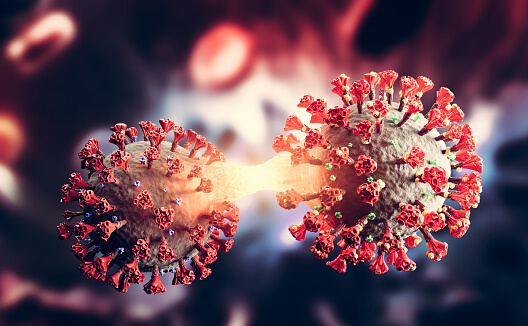“The combined global study of Murdoch Children’s Research Institute and The European Society of Paediatric and Neonatal Intensive Care (ESPNIC) found that the transmission of COVID-19 from mothers to babies was uncommon and typically modest when it did occur.”
A global investigation observed that when the pandemic was at its peak, skin-to-skin contact and breastfeeding rates were low as the majority of infants born to mothers with COVID-19 were kept apart after birth.
Also Read, Google fires researcher who claimed LaMDA AI was sentient
The combined global study of Murdoch Children’s Research Institute and The European Society of Paediatric and Neonatal Intensive Care (ESPNIC) found that the transmission of COVID-19 from mothers to babies was uncommon and typically modest when it did occur.
Yet, 25% of babies were nursed, and most mothers and infants were not in contact right after birth. Around 50% of infants didn’t get their mothers’ breast milk.
Professor David Tingay, Murdoch Children’s Research Institute, said, “the largest on global family-centered care during COVID-19, highlighted how ensuring suitable infection control measures had significantly impacted neonatal practice over the past few years.
Almost half of all newborns in the trial were denied early and close contact with their mother, demonstrating how hard it was to balance infection control measures with mother-baby bonding recommendations, especially in the first year of the pandemic,” he said.
Encouragingly, clinicians did gradually adapt to allow more family-centered care as the pandemic progressed, particularly using breastmilk.”
The study was done on 692 babies born to mothers with SARS-CoV-2. It is held in 13 neonatal intensive care units in 10 countries that include the US, France, Italy, and Brazil. The study was published in The Lancet’s e clinical medicine.
The study also found that 54% of infants were contactless and only 7% had physical contact before separation. Breastfeeding rates were low and were 53% and 24% exclusively fed with their mother’s breast milk.














